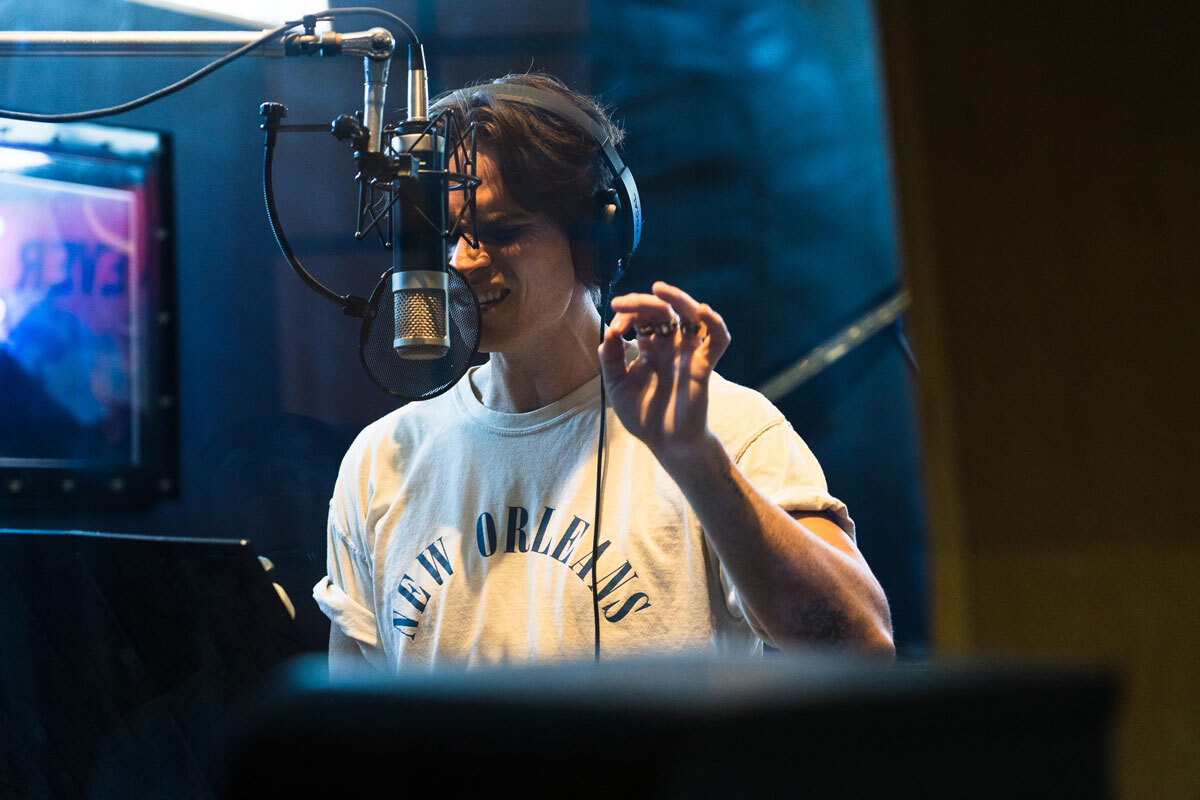
Looking back, the impact of Napster and file sharing technology feels like a millennia ago. Since then, the music industry has been in a forced evolution at a rate that both artists and lawmakers cannot keep up with.
This notion that technology will push music, the artists who make it, and the companies that use their art into uncharted territory is a story that is perpetually repeating itself. The problem is cleaning up the mess afterward. After all, the technology will always precede the legislation and regulations that govern it.
While we all remember when the social media platforms, like Facebook and Instagram, began screening for and blocking content with copyrighted music, the clean-up continues. Even as of this week, Instagram users are being notified of videos several years old being retroactively blocked for copyright infringement. This is indicative of a theme in the private sector and music rights will have the last laugh. Social media platform software is not just gatekeeping the present moment but now is executing on hindsight, as well. These algorithms are going into the past to find inappropriately used licensed music and it’s not just algorithms that are reconciling the past. Lawsuits are, too.
The publicly traded fitness giant, Peloton, is the latest big player to be held to account on music license infringement. They corrected course after $300 million in damages were sought for illegal usage of music for their fitness classes late last year. It’s not just about paying penalties, either. Droves of valuable content have been taken off their platform for good and rendered useless.
While technology is driving change in the industry with extreme velocity, one thing is clearer than ever. Licensing music properly isn’t just a matter of protection, sourcing proprietary music will be a key differentiator for companies who want to compete in the modern landscape. For companies of the future, their music won’t be a liability like it has been for Peloton. The smartest companies of the future will have their licensed music catalogue listed as an asset on their balance sheet.